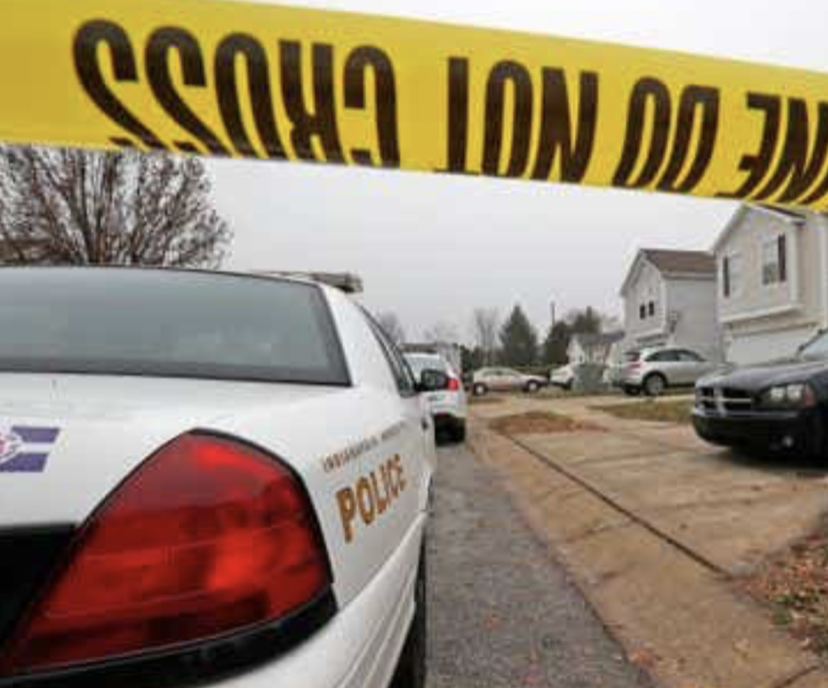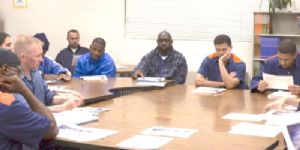 With 153 gun-related homicides last year, it's clear we haven't solved the problem of gun violence in our city. A new "Gun Violence Intervention Program" has been in effect for more than 10 months here, and while it has promise, utilizing tactics that had its roots in a successful effort in gang-ridden Oakland, CA., there is not a lot of evidence the effort Is succeeding.
With 153 gun-related homicides last year, it's clear we haven't solved the problem of gun violence in our city. A new "Gun Violence Intervention Program" has been in effect for more than 10 months here, and while it has promise, utilizing tactics that had its roots in a successful effort in gang-ridden Oakland, CA., there is not a lot of evidence the effort Is succeeding.
At the dawn of 2020 city leaders proudly claimed the success of reducing gun homicides for 2019. But a closer look reveals non-death shootings were actually higher than the previous year. Pretty obviously, if the shooters had been just a little better at hitting their targets, we would have been unable to claim a reduction in gun-related homicides.
The Oakland strategy relies on data on potential shooters, which comes from the police. It depends on "credible messengers" who are street savvy and able to connect because of shared experiences with potential shooters and victims, and on having money for support services—helping those at risk get out of bad situations. UNITE INDY has listened to those who are plugged into the situation on the street and find only disbelief and discontent with the effort to curb gun killings here. They say after 10 months, the data necessary to proceed with one-on-one connections to those at risk still has not been released. They've been told "there are open cases" on some who would be included in the data, so nothing is moving forward.
Shonna Majors, the city's director of community violence reduction, seems to have been limited to organizing "walks through troubled neighborhoods" which do little but produce media attention for city administrators, that sources say is "all show and no go." They have hired a few "peacemakers" who they plan will be trusted by potential shooters, however none have served time, say sources, and are not trusted or "credible" in the eyes of these young men who often have been shot at or have been locked up in the past.
Meanwhile, the city budget provided $2.3 million in Community Crime Prevention Grants which went to many great non-profit organizations. But these organizations do not work with those who are committing gun homicides. They generally work with kids coming up—helping them to choose a better path, and while those efforts are important, we need to get to the shooters and victims—yesterday.
There will always be open cases. We need to find a way to produce workable data now. Hire men who have proven their effectiveness on the street, who have gang backgrounds, who have served time and whose lives have been changed and are able to change minds and hearts among those who will otherwise be the shooters and victims in 2020.
Kids are dying,
Nancy








